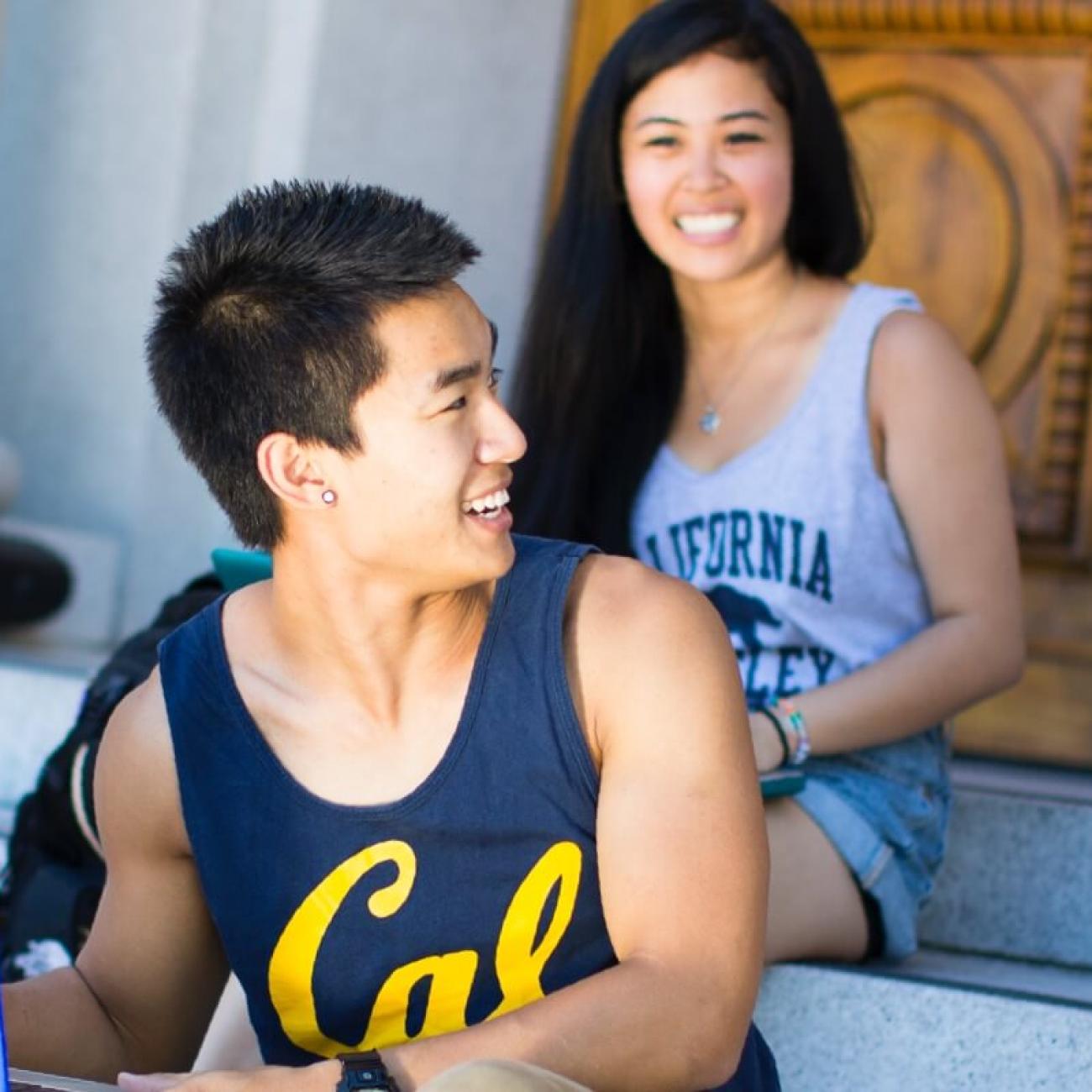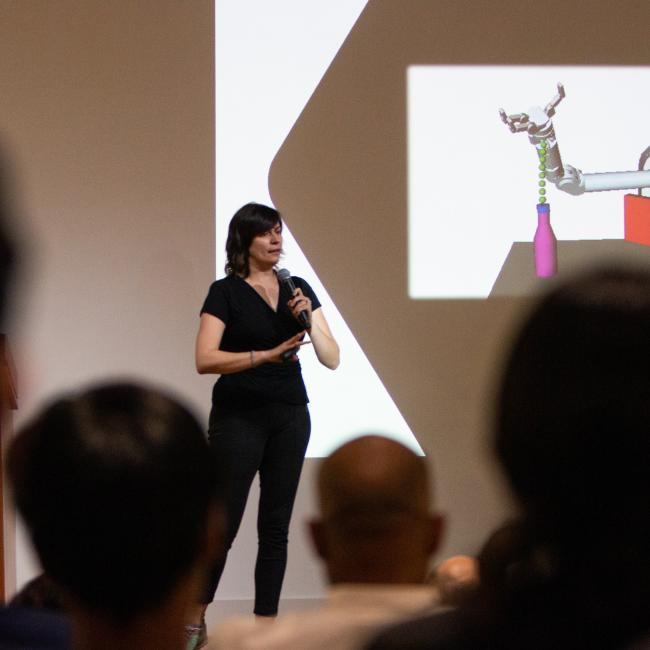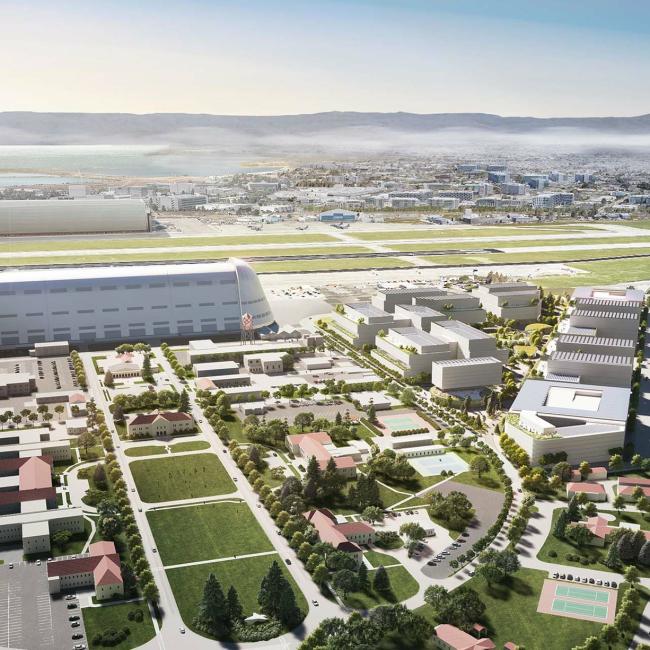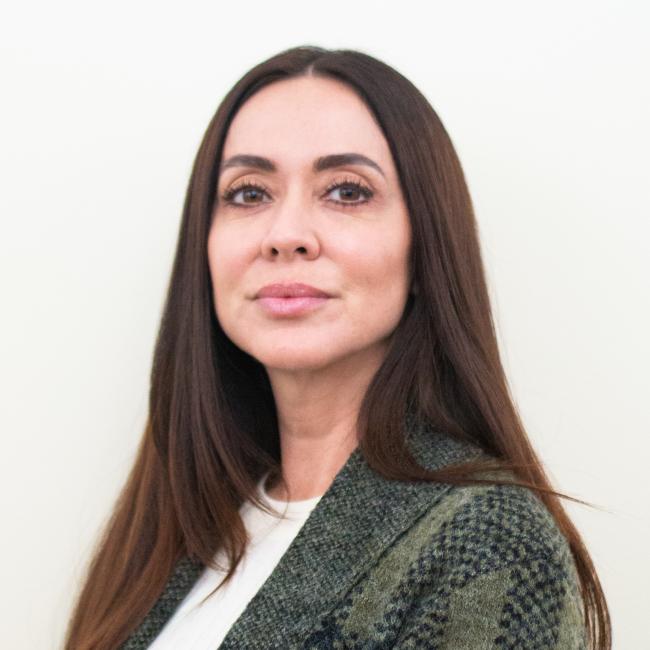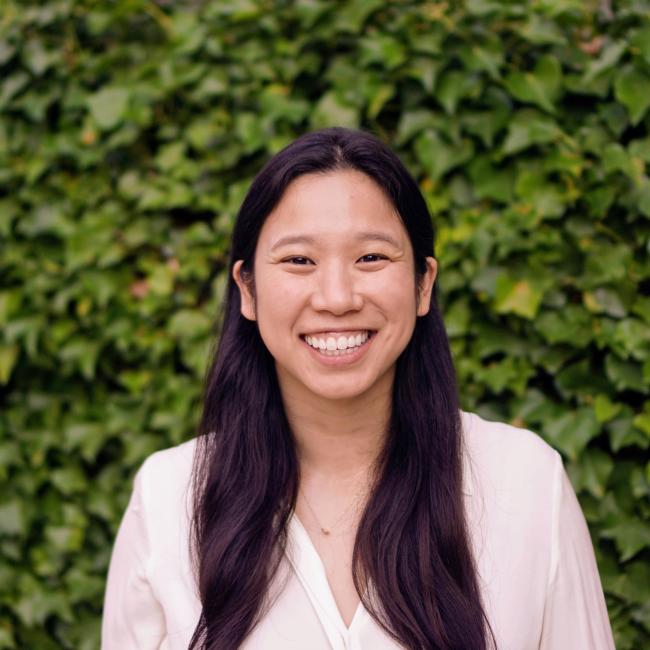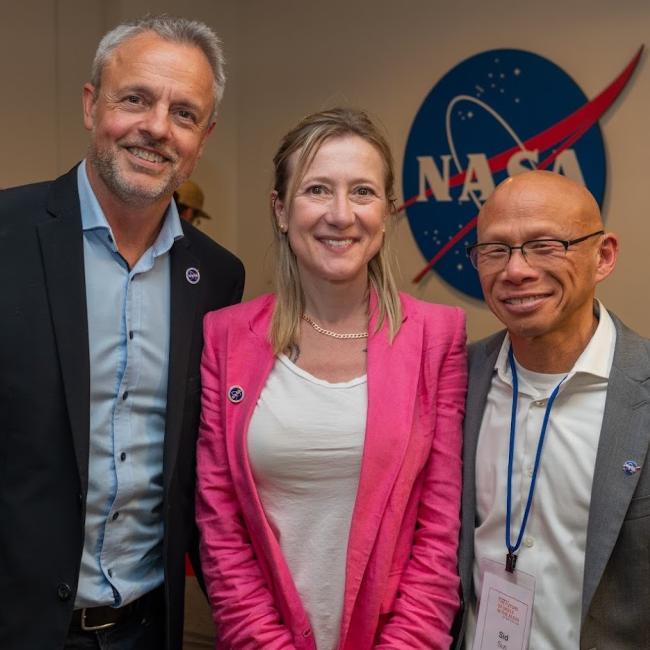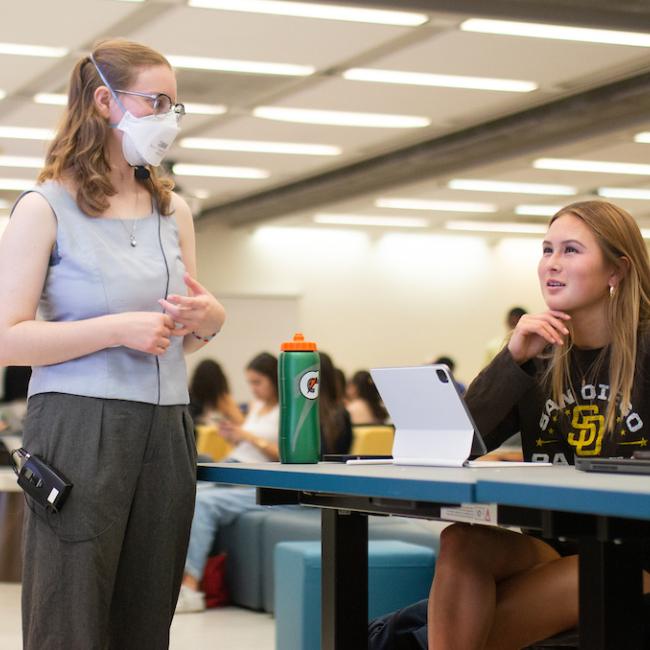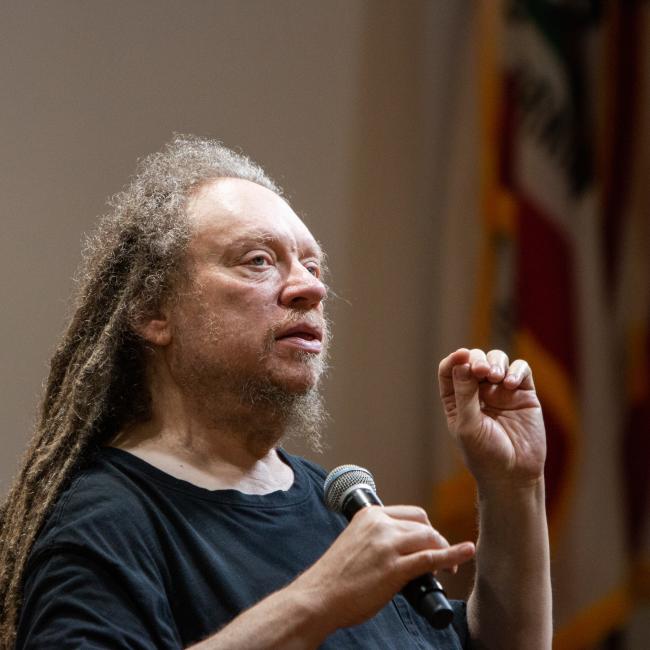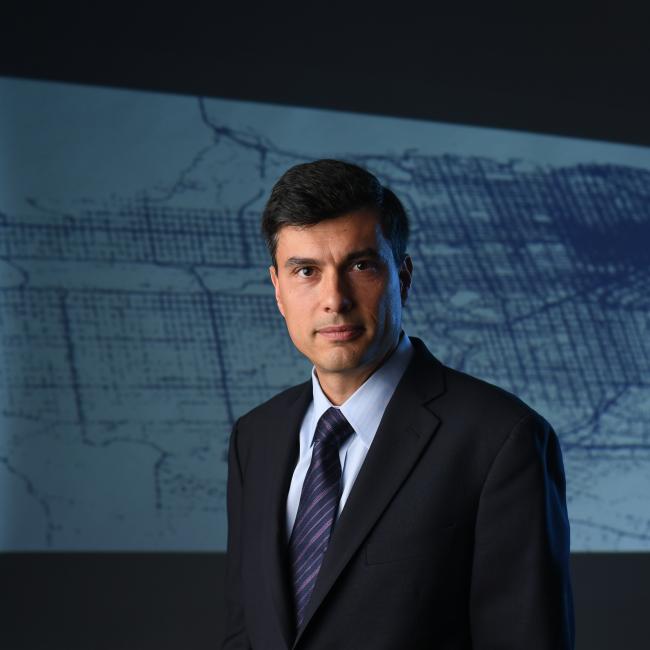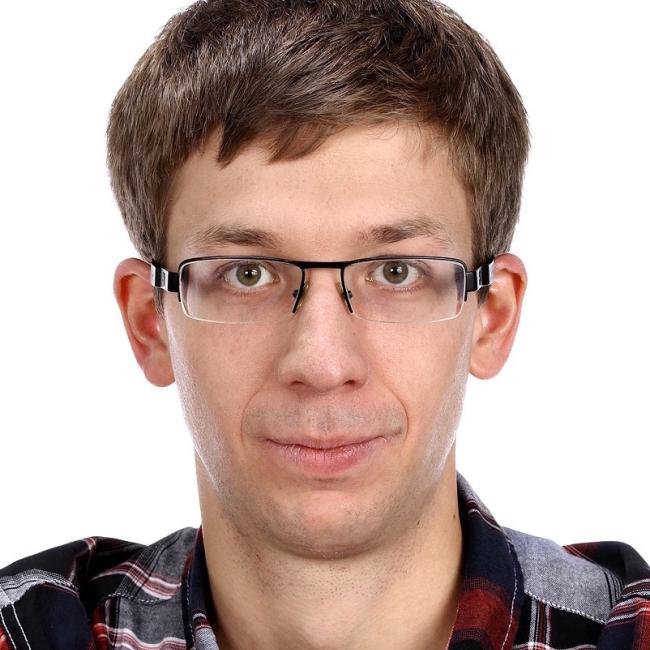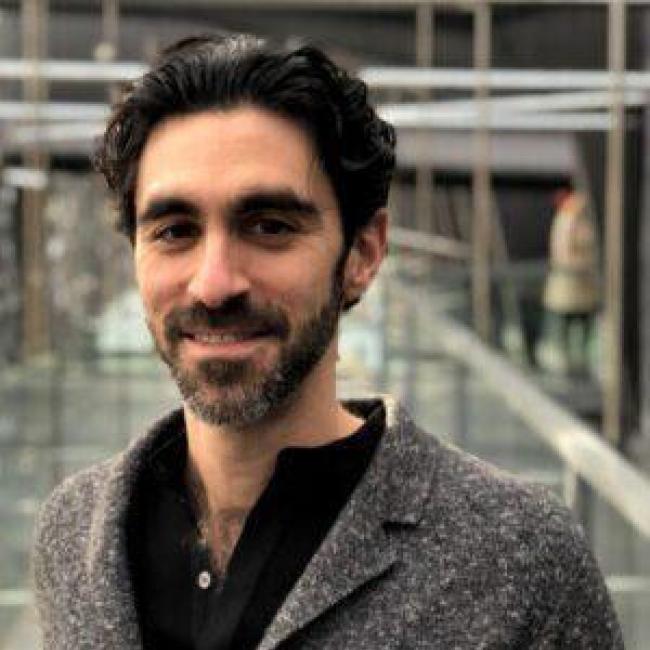Want to improve AI safety? Teach robots to ask humans what they want
Want to make artificial intelligence systems safe? Design robots to continually ask and learn what humans want, a UC Berkeley expert said during a recent lecture. These robots would defer to humans, looking for and acting on people’s feedback, described Anca Dragan. To succeed in developing safe systems, we must better emulate how humans behave, consider how different people’s values intersect in AI and assess the impact these systems will have on those values. “Every problem is an assistance problem,” Dragan, an associate professor in Berkeley’s Department of Electrical Engineering and Computer Sciences (EECS), said in the Oct. 6 lecture. “It all comes down to understanding humans better from a computational perspective.”
Berkeley Space Center at NASA Ames to become innovation hub for new aviation, space technology
The University of California, Berkeley, is teaming up with NASA's Ames Research Center and developer SKS Partners to create research space for companies interested in collaborating with UC Berkeley and NASA scientists and engineers to generate futuristic innovations in aviation, space exploration and how we live and work in space. The Berkeley Space Center, announced today (Monday, Oct. 16), aims to accommodate up to 1.4 million square feet of research space on 36 acres of land at NASA Ames' Moffett Field in Mountain View, leased from NASA. The new buildings, some of which could be ready for move-in as early as 2027, will house not only state-of-the-art research and development laboratories for companies and UC Berkeley researchers, but also classrooms for UC Berkeley students. These students will benefit from immersion in the Silicon Valley start-up culture and proximity to the nation's top aeronautical, space and AI scientists and engineers at Ames.
Thao Thompson joins CDSS as Chief Administrative Officer
Thao Thompson has recently been appointed chief administrative officer and assistant dean for administration at UC Berkeley’s College of Computing, Data Science, and Society (CDSS). She started in the role on Oct. 9. Thompson will lead CDSS administration by providing guidance and decision-making on behalf of the college in matters related to strategic planning, policy development, resources, and organizational and program development.
An expert shares how AI could help doctors treat domestic violence victims
Artificial intelligence tools present many risks for society. But this technology also presents opportunities, like improving medical treatment for victims of intimate partner violence. Ten million people are physically abused each year by a domestic partner, and 20,000 calls are placed every day to related hotlines, according to the National Coalition Against Domestic Violence. This Domestic Violence Awareness Month, we spoke to a researcher who believes her AI work could eventually help doctors support victims of intimate partner violence. Irene Chen is an assistant professor at UC Berkeley and UC San Francisco (UCSF) in Computational Precision Health and is affiliated with Berkeley's Department of Electrical Engineering and Computer Sciences.
UC Berkeley, government, industry leaders discuss future skills in AI era
Leaders from academia, government and industry met last week to discuss how AI will change the in-demand skill sets of tomorrow. Experts at The Future of Skills in the AI Era inaugural symposium on Sept. 22 also spoke about preparing society to fill those needs and developing ethical guidelines for human-compatible technologies. Participants included California Secretary of Government Operations Amy Tong, California Privacy Protection Agency Executive Director Ashkan Soltani, NASA Ames Research Center Acting Deputy Director David Korsmeyer, Nvidia Global AI Senior Scientist Alison Lowndes, and European Union, French and Ukrainian officials. The one-day event at National Aeronautics and Space Administration’s Ames Research Center in Moffett Field, Calif., was organized by NASA, Berkeley’s Fisher Center for Business Analytics in the Haas School of Business, and the new College of Computing, Data Science, and Society (CDSS).
This statistics class turns large lectures into chances for connection
Welcome to Stat 20, an introductory probability and statistics course and one of the few “flipped” classes at UC Berkeley. Students are introduced to new concepts through their homework and tackle practice problems during “lecture” sections. The format aims to improve comprehension, connection and attendance. A flipped classroom approach isn’t new, with decades’ worth of research proving its effectiveness. But classes like Stat 20 put a Berkeley spin on that model. As many educators work to reimagine the post-pandemic classroom, this structure offers one pathway to tackle large lectures differently and “humanize” these kinds of courses.
Jaron Lanier wants you to stop saying ‘AI’
Microsoft’s prime unifying scientist has a message: “Artificial intelligence” does not exist. At a Sept. 13 lecture at UC Berkeley, Jaron Lanier urged the audience to look past what they learned from science fiction as children and stop treating AI systems as entities. Instead, they should talk about the tools as social collaborations trained on materials by people. “It doesn’t matter technically,” Lanier said. But “if you analyze it on those terms, you have a much more actionable way of understanding it, and if you integrate it into society on those terms you have a brighter and more actionable set of paths open for the future of society.”
What opportunities do robo-taxis in San Francisco offer? Experts explain.
Hundreds of self-driving cars have flooded San Francisco streets following a recent state decision that allowed certain ‘robo-taxis’ to operate 24 hours a day and to charge passengers. This new reality could provide data that helps vet decades of theory about autonomous vehicles and how they fit into society, UC Berkeley academics said. This moment also offers an opportunity to reimagine what accessibility and equality looks like in transportation. “Technology has the potential to provide powerful strategies to address a number of societal issues. However, advanced technology also has the ability to divide,” said Susan Shaheen, co-director of UC Berkeley’s Transportation Sustainability Research Center and a civil and environmental engineering professor. “That's something we really need to be conscious of as we move forward.”
CDSS welcomes seven new faculty to the college community
UC Berkeley’s College of Computing, Data Science, and Society is welcoming seven new faculty to its community this fall. The scholars are working to improve areas from clinical healthcare to software delivery using statistics, computer science and data science. Three are Berkeley alumni, who will now help shape the next generation of leaders in their fields at their alma mater. “These faculty members reflect UC Berkeley’s reputation for all-around excellence and the College of Computing, Data Science, and Society’s dedication to harnessing technological approaches to solving societal problems,” said Jennifer Chayes, dean of the college. “We’re thrilled to add them to our community.”
TIME 100 most influential people in AI list includes CDSS community members
TIME included three UC Berkeley College of Computing, Data Science, and Society community members in its inaugural list of the 100 most influential people in AI. Those individuals include Inioluwa Deborah Raji, a Ph.D. student in Berkeley’s Department of Electrical Engineering and Computer Sciences (EECS); Stuart Russell, a professor in EECS; and Ziad Obermeyer, an associate professor in Berkeley’s School of Public Health and faculty member for the Berkeley-UCSF Computational Precision Health program.

